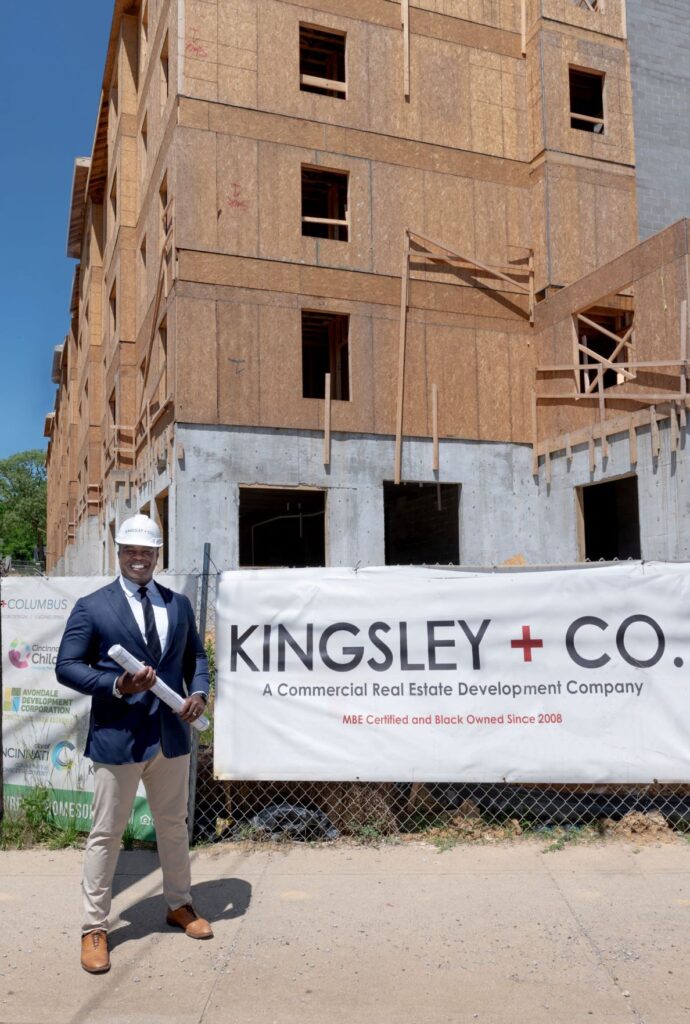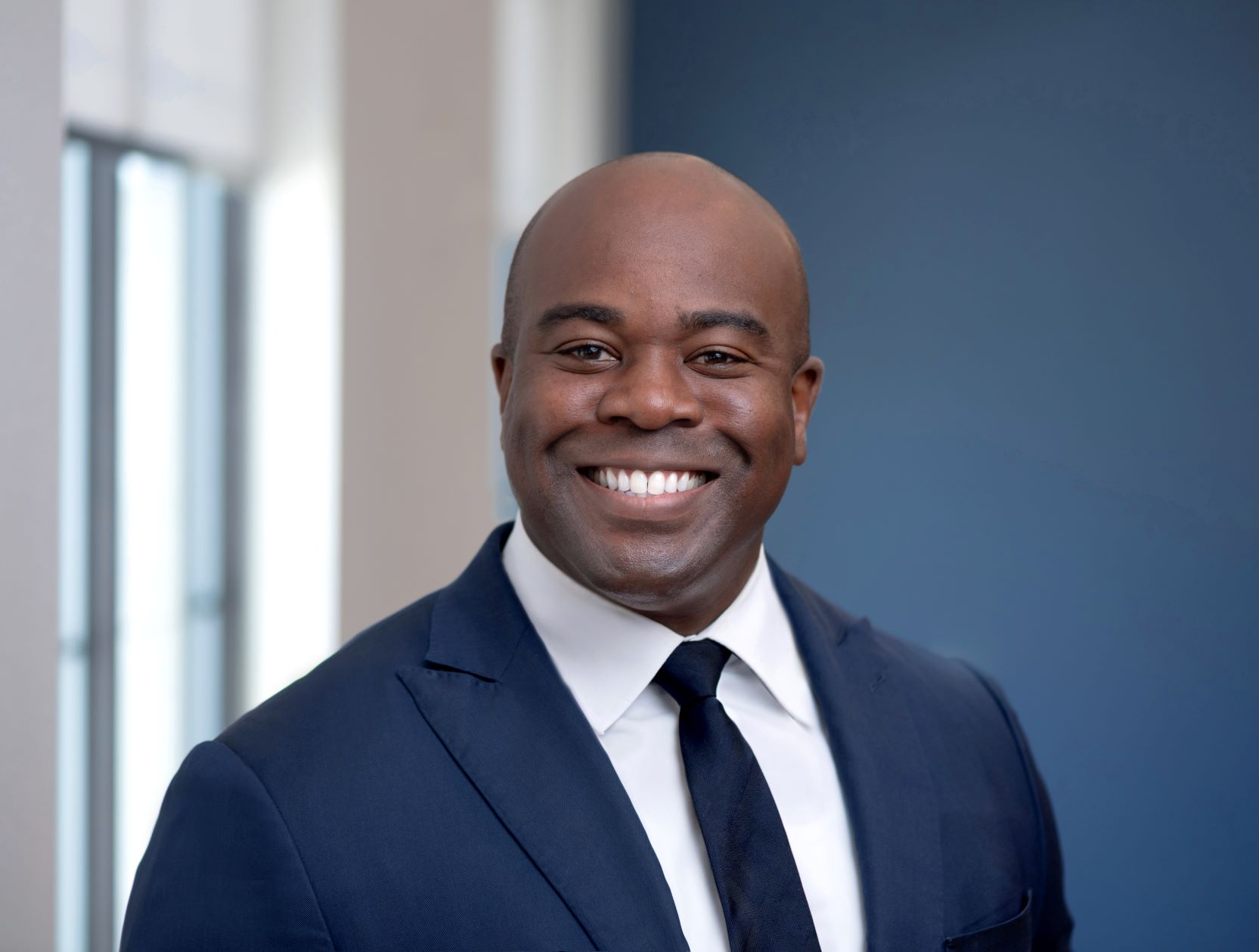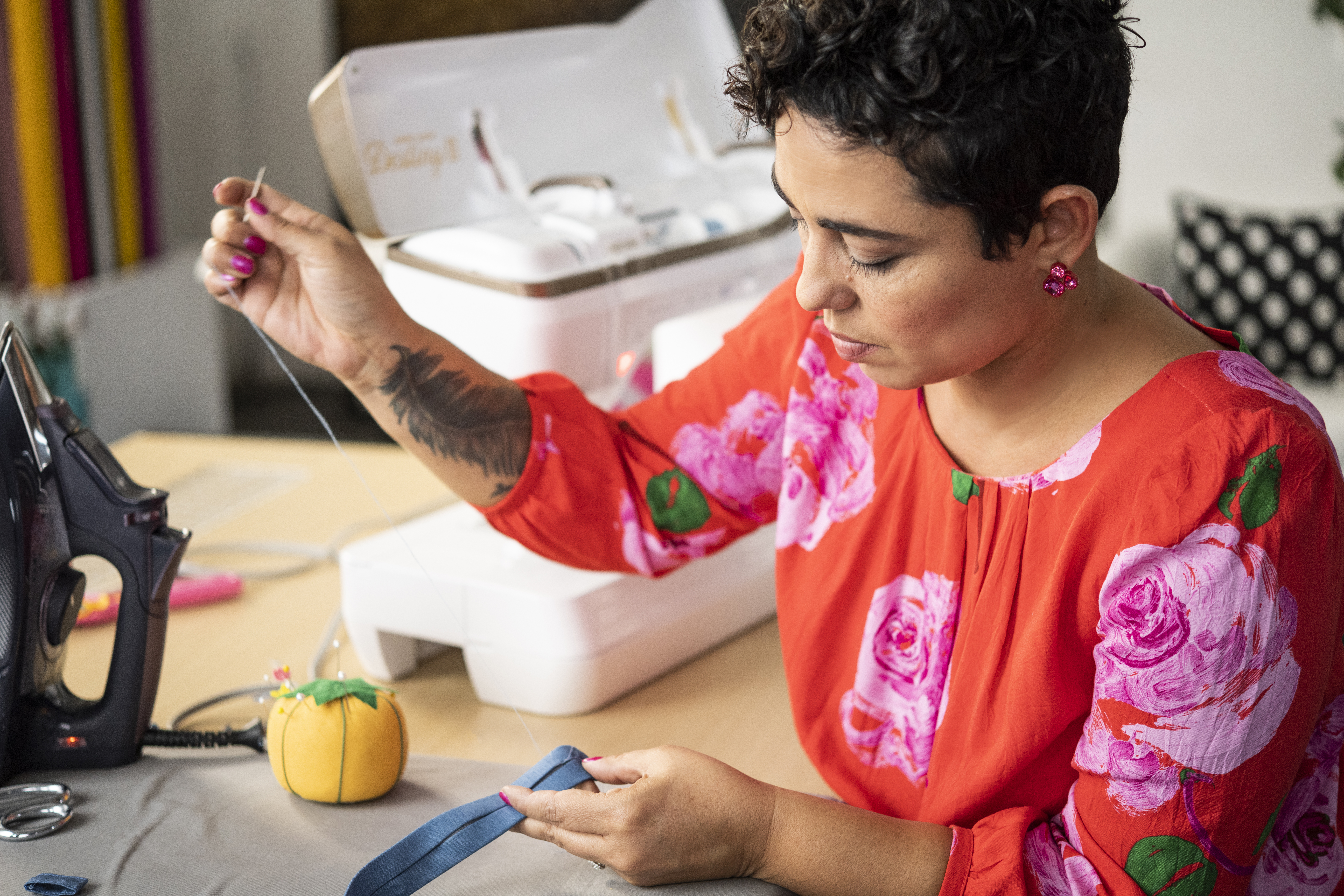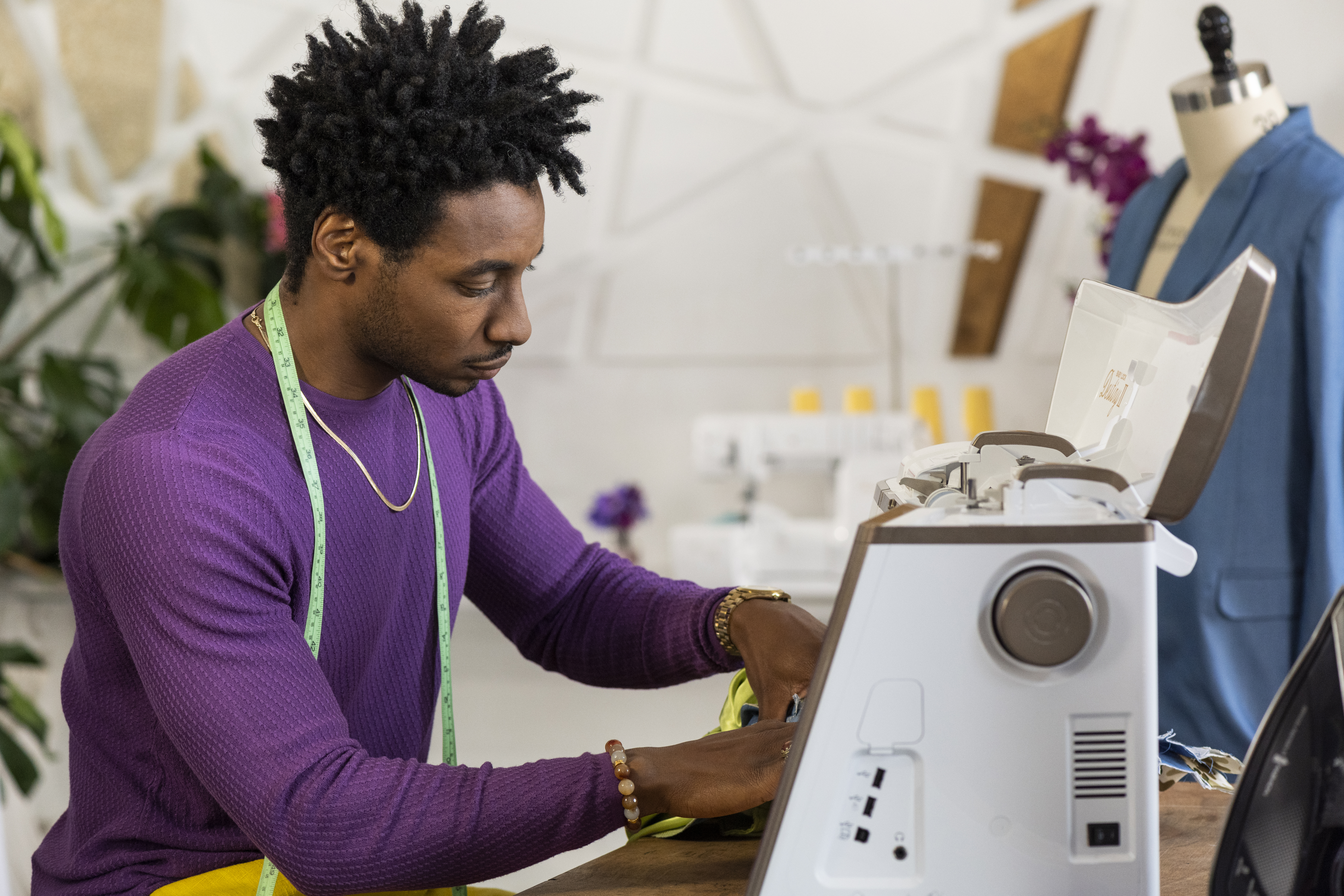Chinedum Ndukwe, or “Chin” as he prefers to be called, played 5-years in the NFL with teams Cincinnati Bengals and the then Oakland Raiders. Post career, Chin shares his financial lessons to help others, like newly drafted picks of 2022, not become part of the pitfalls of sports and money woes. Read more as he discusses how as a former athlete, he learned to maximize his sports career and money on and off the field and the one thing the NFL doesn’t get enough credit for in the league.
During your five-year NFL career with the Cincinnati Bengals and Oakland Raiders, what did you witness firsthand that motivated you to start your own real estate business, Kingsley + Company?
Honestly, just being fortunate enough to attend the University of Norte Dame and then play professional sports (in the NFL). One of the biggest things I learned from Mike Brown, the owner of the Cincinnati Bengals, and Al Davis of the then Oakland Raiders, was that it’s a business. At the end of the day, what we were fortunate enough to do over the five years playing in the NFL, just taught me the basics of business, it’s not personal, and it really opened my eyes to the opportunity that I ultimately one day wanted to own my own business. And I was just fortunate enough to be passionate about real estate, which really made the transition out of the NFL much easier.

You have shared your financial lessons and inspirational advice to help others be financially responsible, mainly the 2022 NFL draft picks. Have you had the opportunity to work with any players personally?
No, I always tell people that I’m not a financial advisor, but people always reach out and say, “Any advice you would give?” I’ll tell people that the national football league stands for ‘not for long,’ and I want to encourage people to use the NFL a little bit more than what they (the organization) get out of you. As a National Football League player, I was fortunate to meet many great people while playing. And I used that platform to explore the things I was passionate about outside of football. As frustrating and challenging as it might be to think about the process and the journey, it’s so fulfilling when you get an opportunity to play at the highest level. But I like to let people know that it’s just a short period of time and that from the moment you get in that locker room, you focus on the task at hand and making the team. But I also know that it’s just not a long time that you’re in there.
Would you say athletes should maximize the experience and opportunities on and off the field?
A hundred percent, because you are always getting pulled in so many different directions as pro athletes. It’s good to find successful people you can watch and listen to, even though you get paid so much money, from the moment you enter that (league) door. I think at 20-21 years old, you’re making so much money in such a short time where people are constantly pitching their business opportunities, business ventures, this investment, and that investment. I think that as an athlete, you have to be patient, understanding that this thing will come and go. But from an investment standpoint, you got time.
In addition to your Company, what other programs do you hope to see in the NFL that would help players to manage their finances successfully?
One of the things I think the NFL doesn’t get enough credit for is that they have these transitional management programs that will allow you to study at Ivy League schools, which I took advantage of while I was playing with the Bengals. But I don’t think that gets talked about enough; it’s a situation where you can sit next to successful entrepreneurs, business owners, executives, and big corporations and talk through business cases. So, that’s always something I’ve taken advantage of; I tell the guys (NFL players) to take advantage of that when presented the opportunity. Also, I think there’s so much to mentorship, and I want to say a glorified co-op. I think there’s an opportunity for individuals to potentially do a work-study and have a true understanding of life after the NFL. And financial literacy is also part of that. These guys get paid a good amount of money early, so understanding how to have your earnings work for you is critical. Personally, I’m biased towards real estate. It’s something that I’ve always been interested in, that’s brick and mortar, where you can see it and touch it.
Being a homeowner is important for not just NFL players but individuals. There’s so much power in owning your own home, and that’s a great way to get involved in real estate. It’s not something I only talk to NFL players about but also individuals interested in real estate and commercial real estate.
There are many young people curious about land and real estate. Is there something that you would think of going forward with your business that would educate the youth in leadership and land opportunities?
Great question. For me, it’s just more than about investing. Anytime I talk to a young person interested in a career in real estate, I speak from a mindset of empowerment perspective. There’s so much power in owning land and your home, especially for African Americans. The mentality of being an owner isn’t necessarily taught enough at a young age, and I think that is critical. At Kingsley and Co., we try to hit communities that were doing developments and give back, educate, and talk about that ownership. We want young people to understand how much power it is to own something, and I can’t stress that enough. It’s something that I’m passionate about with the Ndukwe Foundation (founded in 2009 to inspire youth to set and surpass goals). We communicate it through our commercial real estate and affordable housing developments.
Congratulations, you and your wife just welcomed a new baby. What is one financial tool you want your children to learn at an early age to help them make better financial decisions?
There’s one thing about saving you must focus on, not what you make but what you save. Then there’s another thing where you have to make money work for you. There was a song back in the day saying, “Scared money doesn’t make no money.” And I think there’s something to that, from the standpoint that you have to put your money to work. And for me, it’s always going back to real estate, but for others, it might just be looking and studying opportunities. I think that’s a 2 part answer, you have to save, but you also have to do your research and homework related to investing. And then you try to surround yourself with people that are genuinely having success. Not everybody who is on Instagram, or TikTok, is honest. So it’s safe to say you also have to do your research.
How do you make the subject of finances fun for people who may be hesitant and have trouble turning their financial portfolios around?
For me, it’s a lot of what I used to do on the football field, which is doing my due diligence. I study the data. How likely is someone going to run for it on a 3rd and short or throw it? And understanding those tendencies and understanding the data behind them makes or breaks a successful play like the sport of football.
You serve on many boards, including the Mayor of Cincinnati’s Task Force for Immigration and other community work. Why is it so important for you to give back in this way?
It goes back to my family. My parents were 2 Nigerian immigrants who came to the US with absolutely nothing. They’ve always given back, even when they didn’t have anything. At an early age, that was instilled in me. It was also attending the University of Notre Dame, philanthropy work, and treating others well. I feel like I’ve been given so much and have been blessed, and I owe it to others to give and spend my time (it’s not always just money). I do like to donate my time a lot and make financial contributions, but if you’re not at a place where you can do it monetarily, I urge people to donate their time to the causes they are passionate about because the (act of kindness) always comes back to you.
Photo Credit: Peggy McHale Joseph Photography








